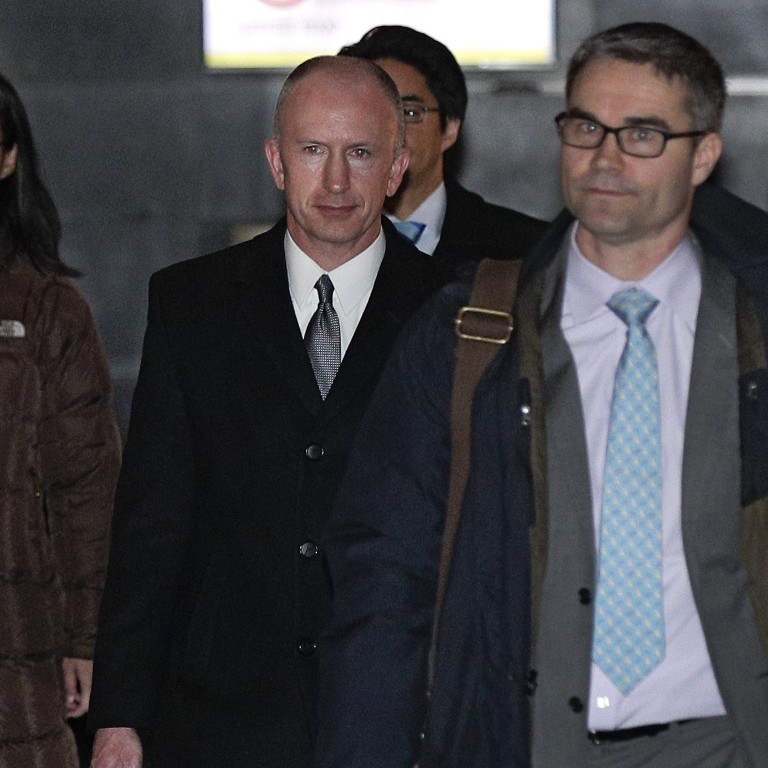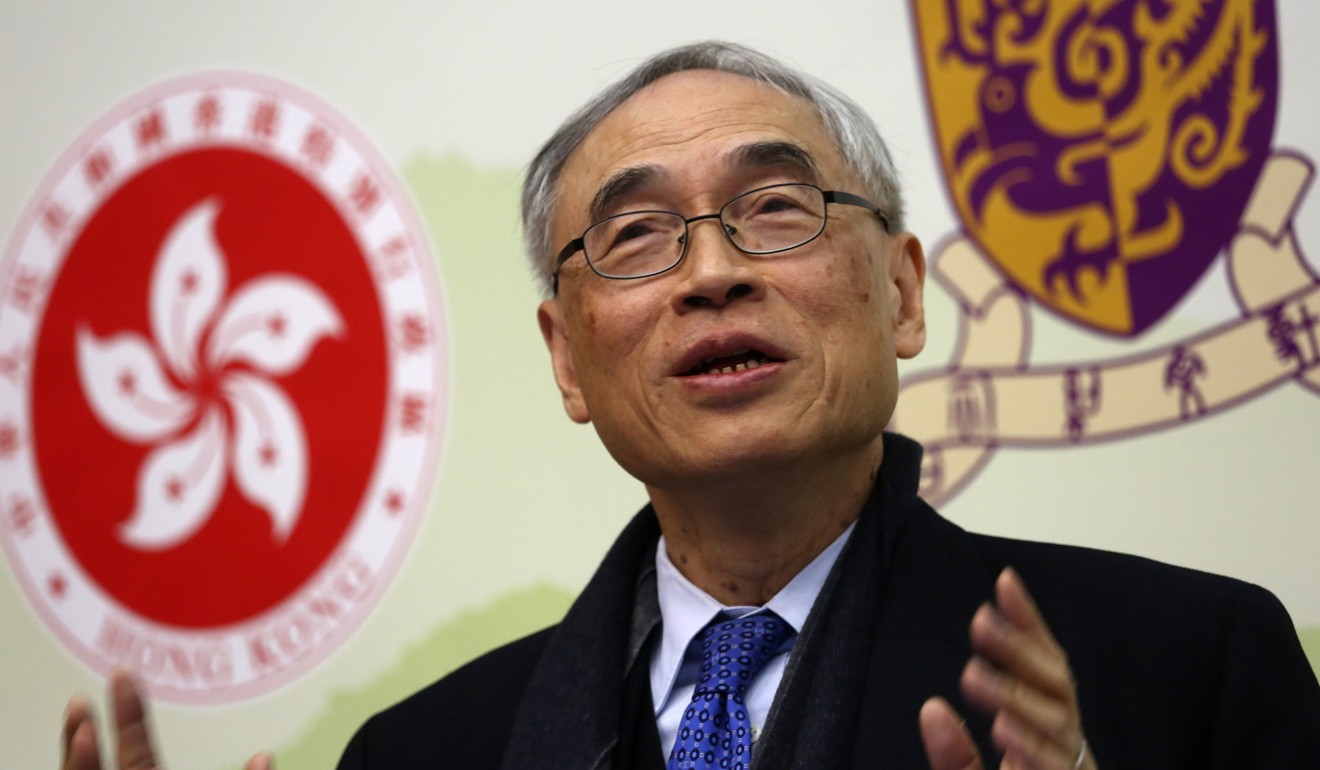
China, US will ‘come up with something’ to defuse trade war, Hong Kong scholar predicts
- Vice-ministerial level delegation from the United States in Beijing for two days of face-to-face talks on Monday and Tuesday
- Lawrence J. Lau ‘confident’ truce agreed between President Xi Jinping and US President Donald Trump will lead to further de-escalation of tensions
Beijing and Washington are expected to reach a “concrete” trade agreement before March’s deadline to de-escalate trade tensions between the world’s two biggest economies, according to a Hong Kong scholar with close ties to Beijing.
Lau made the latest comments a day before China announced a vice-ministerial level delegation from the United States led by deputy US trade representative Jeffrey Gerrish would fly to Beijing for two days of face-to-face talks on Monday and Tuesday.
“There will be something concrete at the end … and if there’s a settlement, there shouldn’t be any [additional] tariffs.”
In addition to promises of buying more energy and agricultural products from the US, China may also make other commitments to soothe American concerns, Lau said.
These may include China reaffirming the agreement reached with the previous Obama administration that Beijing will prohibit state-sponsored cyber theft of intellectual property and trade secrets for commercial purposes.

Lau said the US also may want to halt the trade war because imposing tariffs on products assembled in China, such as iPhones, may hurt Apple and US consumers more than China.
Therefore, the trade war that dampened confidence in China’s economic prospects and roiled markets in both countries in the second half of 2018 may no longer be a pressing issue for 2019, he said.
But the economic and technological competition between China and US was set to continue, he said.
At the same time, Lau, who also worked as the Hong Kong chairman of China’s sovereign wealth fund, said that the impact of the trade war on the Chinese economy was totally “manageable” for Beijing because China’s dependence on US exports was quite small.
“It will hurt the Chinese economy, but not by that much,” Lau said, who recently published a book, China-US Trade War and Their Future Economic Relations.

